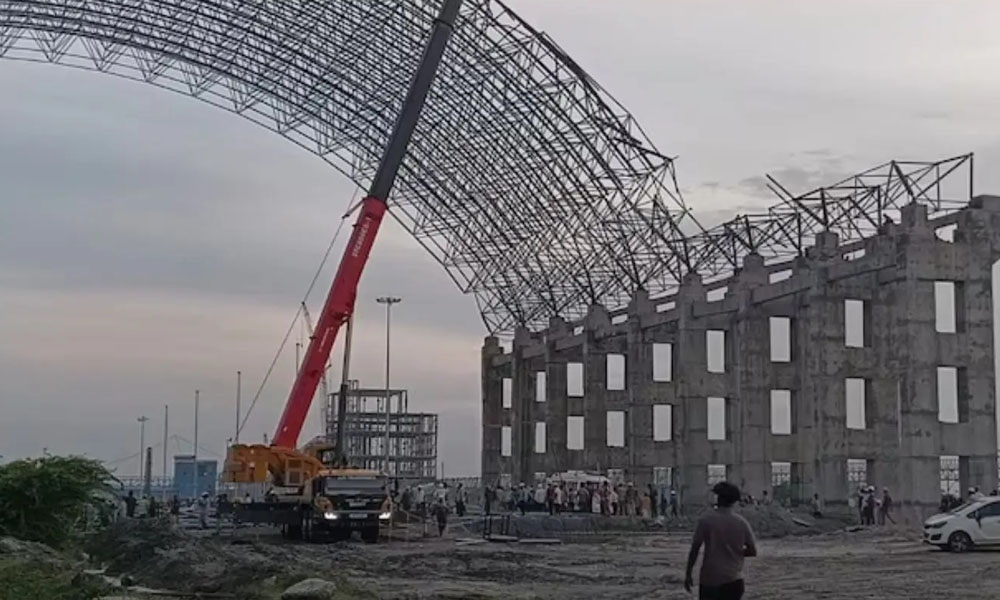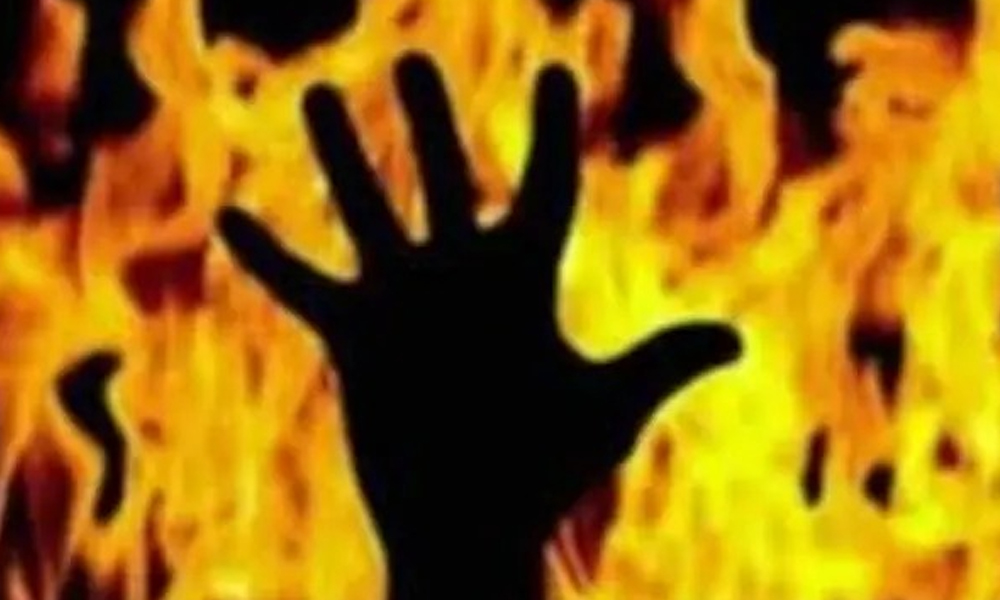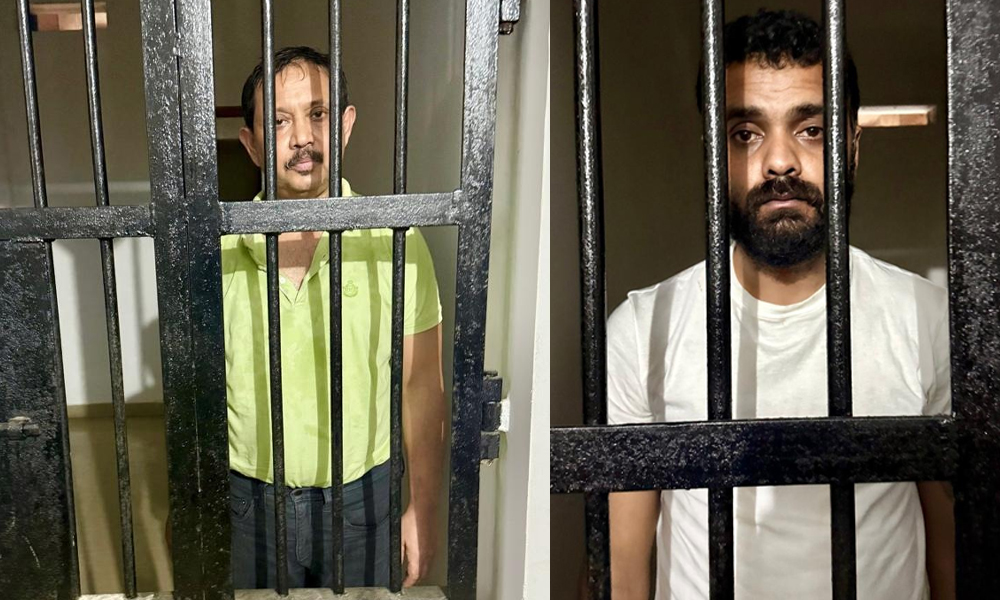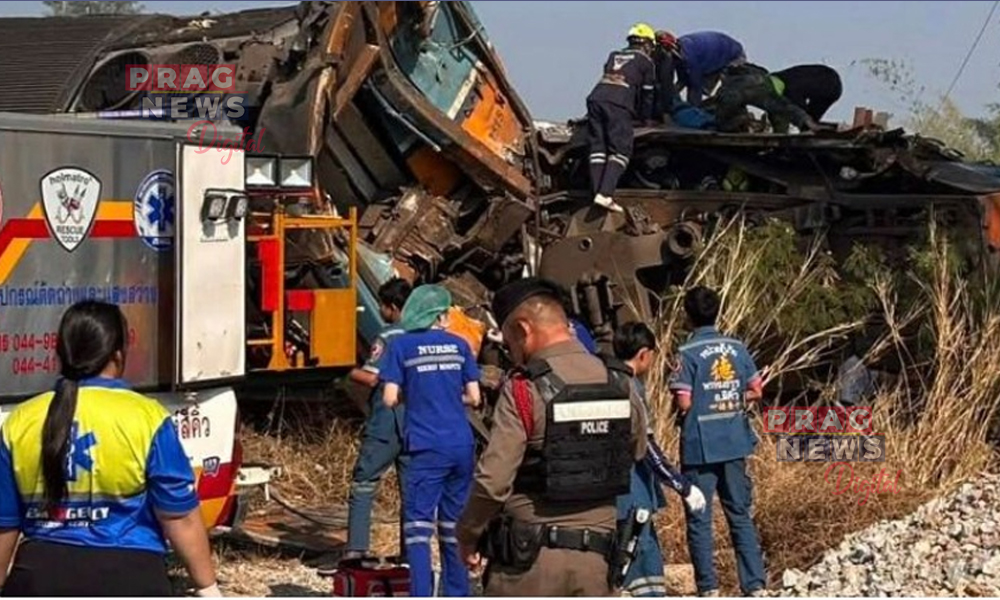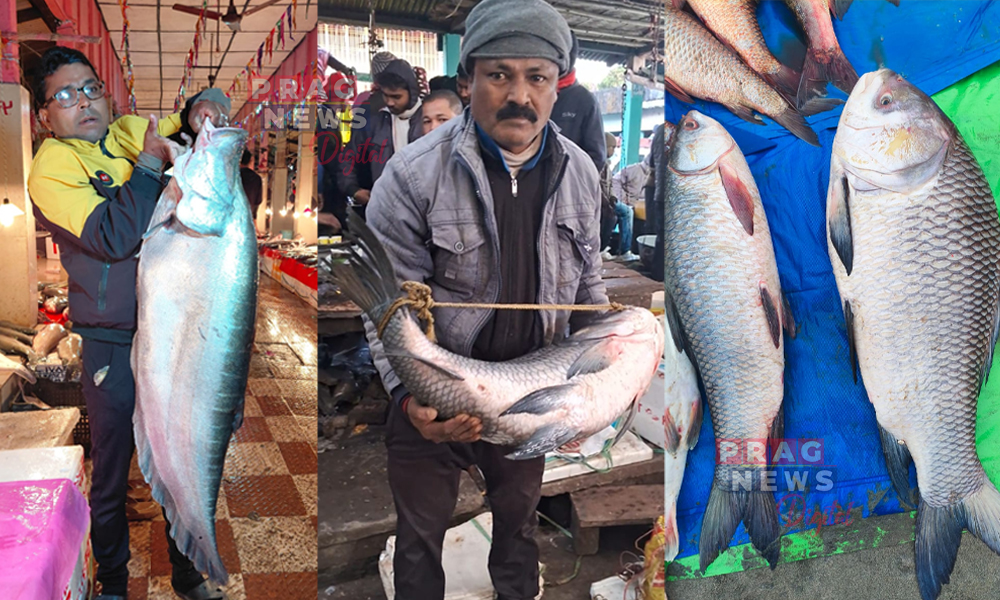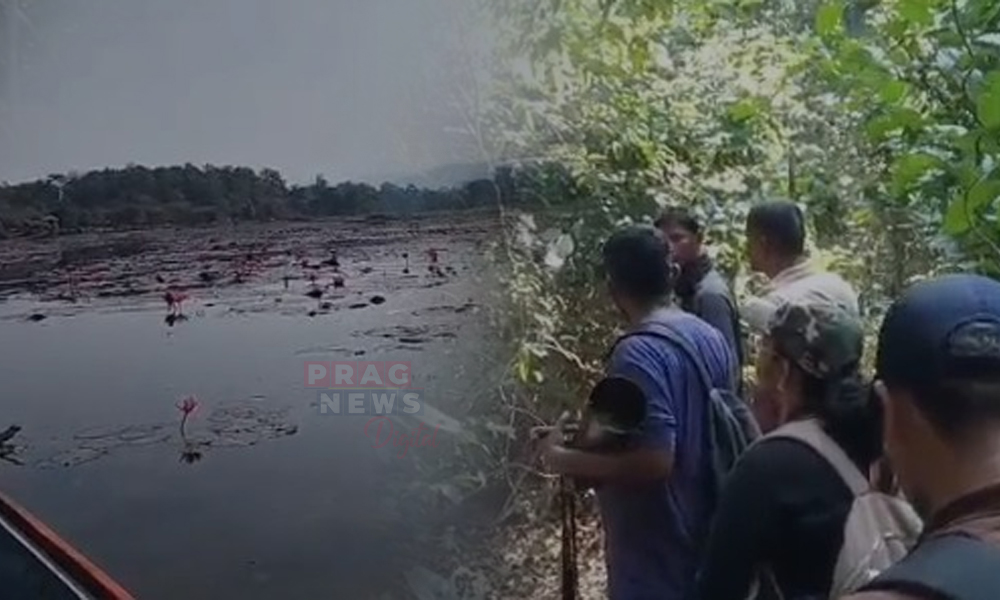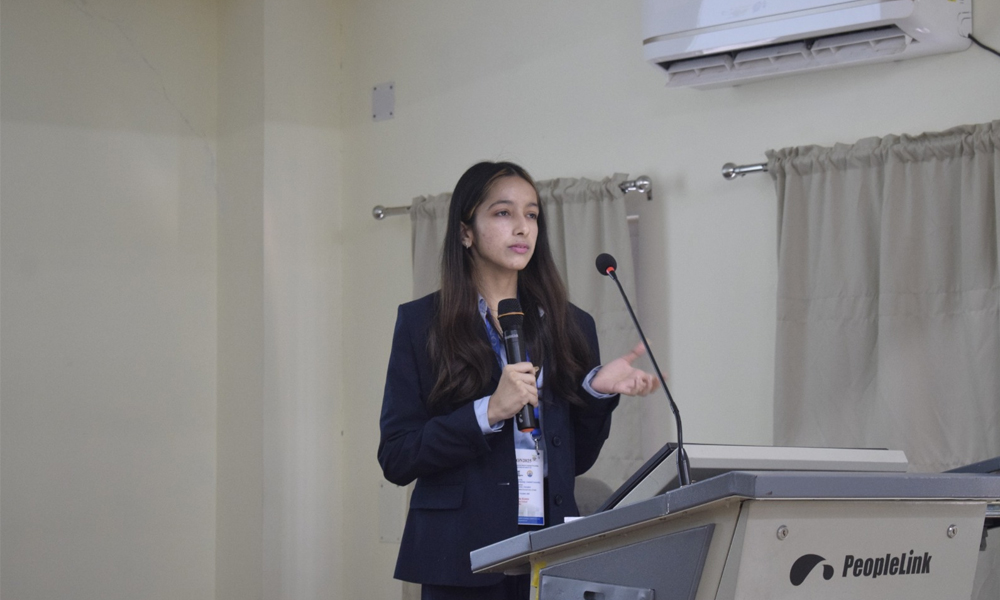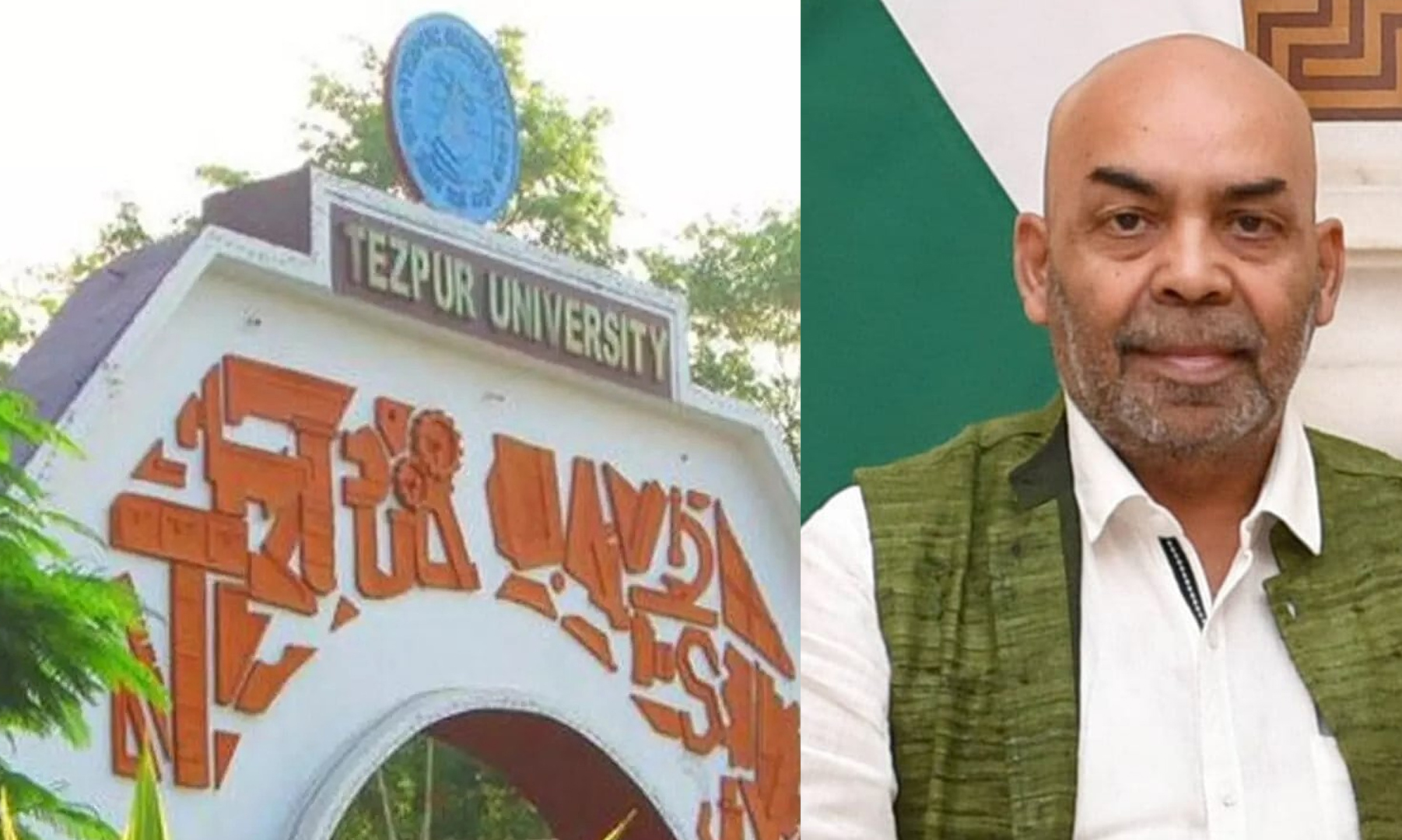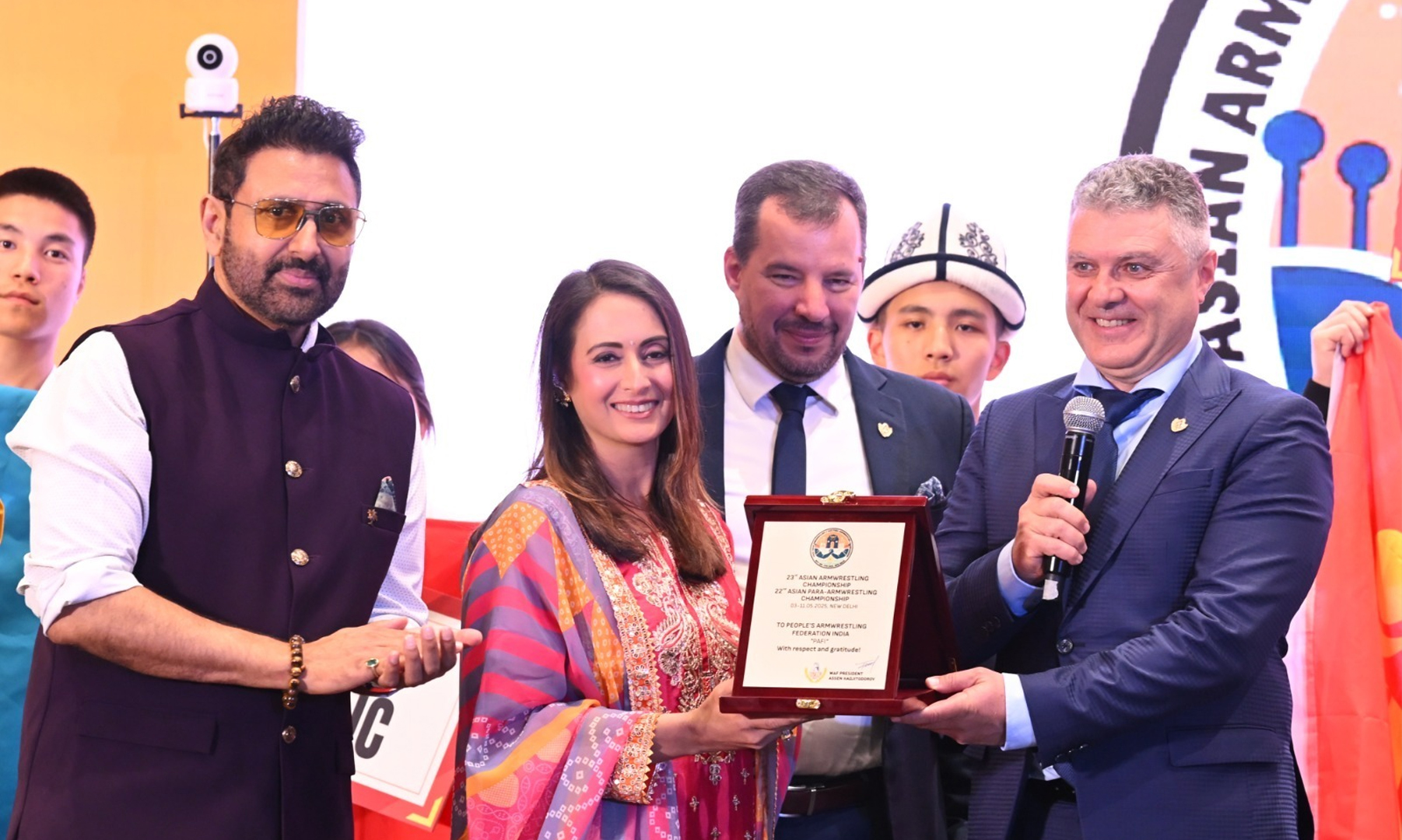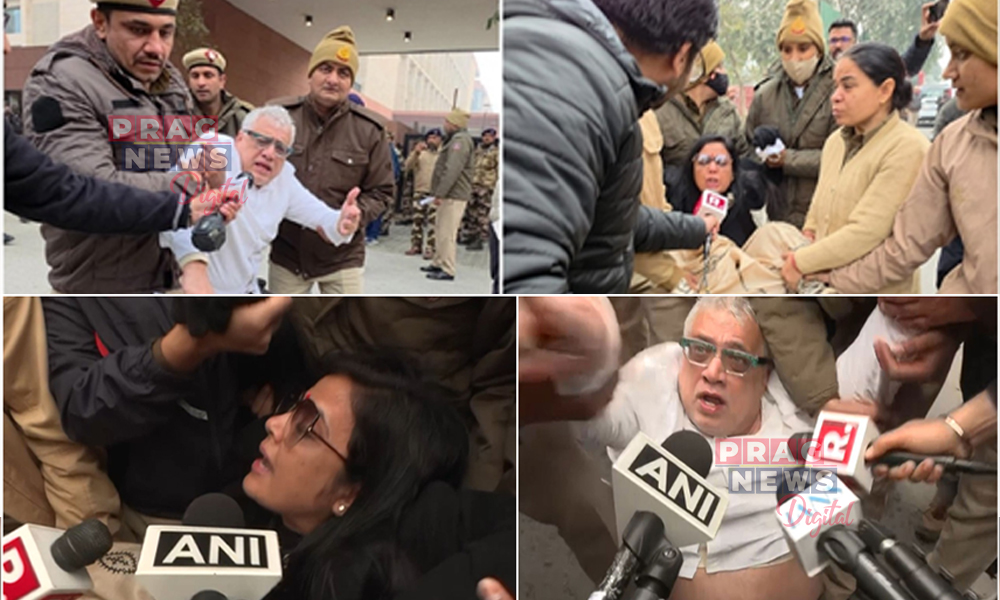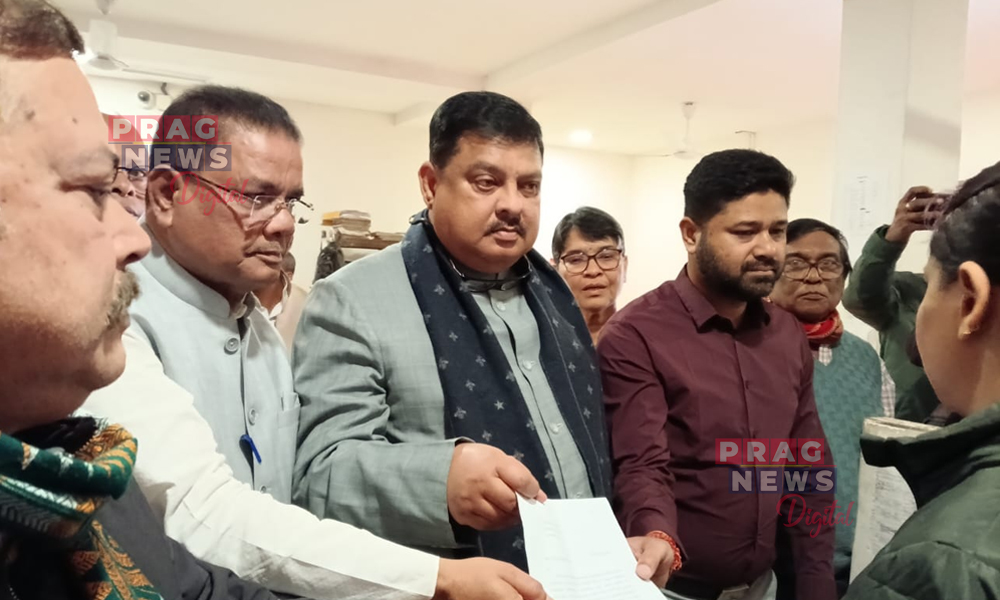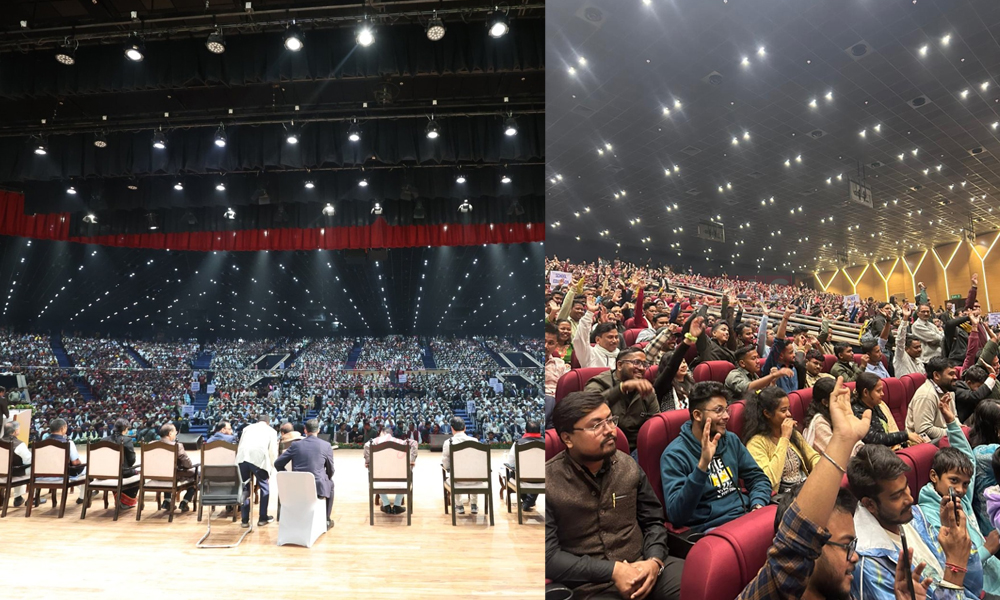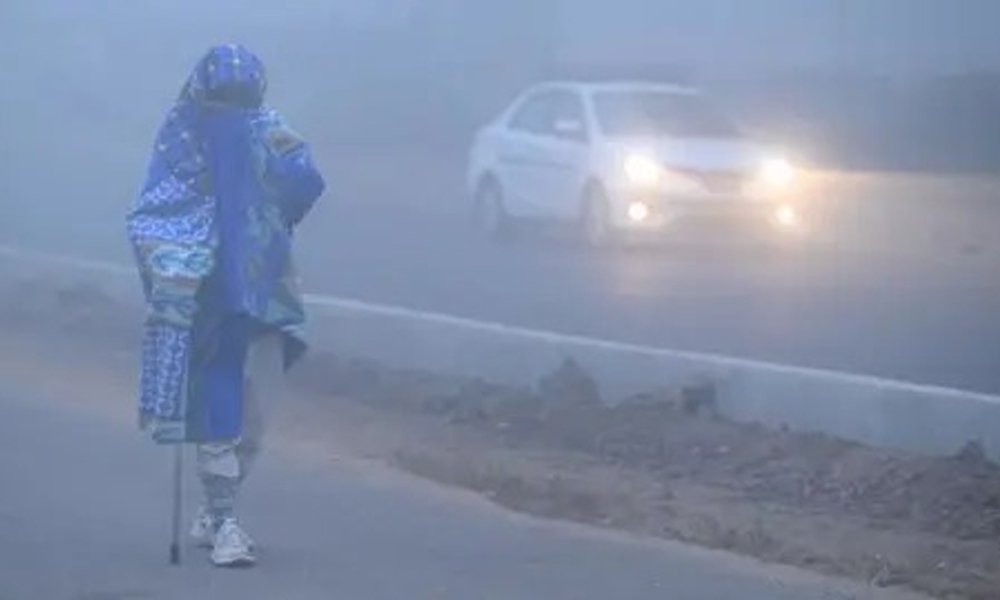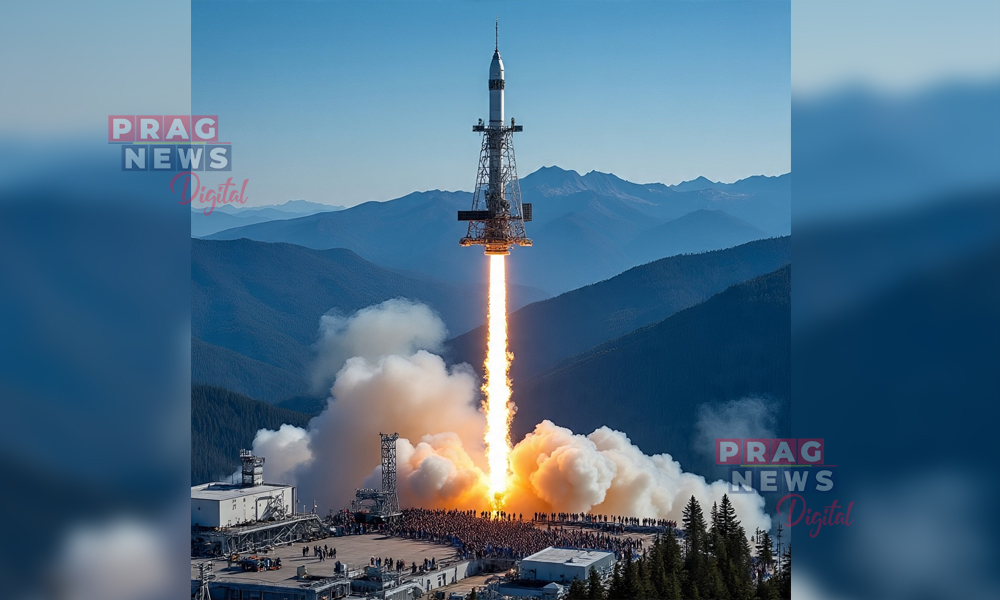Digital Desk: A catastrophic structural failure at a key power plant construction site near Chennai has resulted in the deaths of nine migrant workers from Assam, underscoring persistent safety issues in India's infrastructure sector. The incident has prompted swift responses from state and national authorities, including investigations and financial aid for the affected families.
Details of the Accident:
The collapse occurred at the site of the 1,320-megawatt Ennore Special Economic Zone (SEZ) Supercritical Thermal Power Project, an extension of the North Chennai Thermal Power Station in Minjur, Thiruvallur district—about 30 kilometers north of Chennai. Managed by Bharat Heavy Electricals Limited (BHEL), a government-owned enterprise pivotal to India's energy infrastructure, the project was in the midst of building a coal handling enclosure.
Workers were assembling a concrete arch supported by iron scaffolding (referred to in some reports as a steel arch) when the structure unexpectedly buckled around 11:30 AM. The laborers, positioned at heights ranging from 30 to 45 feet, fell along with cascading debris. Eyewitness accounts indicate no prior signs of instability, leading to immediate chaos at the site.
Emergency services, including fire and rescue teams, responded promptly to extract survivors and administer aid. Nine workers were declared dead on arrival or soon after at local hospitals, while at least 10 others were injured. One survivor remains in critical condition at Government Stanley Medical College Hospital in Chennai. Police from Kattur station have sealed the area, deployed heavy equipment for cleanup, and filed charges under sections of the Indian Penal Code related to negligence in industrial settings.
An ongoing probe by BHEL experts and labor officials aims to pinpoint the root cause, with early suspicions focusing on potential flaws in the structure or safety measures.
Profiles of the Victims:
The deceased were all laborers from Assam, a region that supplies a significant workforce to Tamil Nadu's construction industry. These migrants, typically from low-income families, seek higher-paying opportunities but often encounter dangerous working conditions. Four hailed from Karbi Anglong district, and five from Hojai district.
The victims have been identified as Munna Kemprai, Sorbojit Thausen, Phaibit Fanglu, Bidayum Porbosa, Paban Sorong, Prayanto Sorong, Suman Kharikap, Dimaraj Thousen, and Dipak Raijung.
Assam Chief Minister Himanta Biswa Sarma shared his sympathies on social media, recognizing the workers' ties to his state and pledging assistance, though no specific aid from Assam has been detailed yet.
Official Reactions and Support Measures:
In response to the tragedy, leaders at both state and federal levels have stepped in to provide relief and push for accountability.
Tamil Nadu Chief Minister M.K. Stalin has sanctioned Rs 10 lakh as ex-gratia compensation for each victim's family. He has also directed authorities to arrange the repatriation of the bodies to Assam and prioritize advanced medical treatment for the injured.
Prime Minister Narendra Modi conveyed his condolences and authorized Rs 2 lakh per deceased from the Prime Minister's National Relief Fund (PMNRF), along with Rs 50,000 for each injured individual to support their rehabilitation.
Advocacy groups, including labor unions, are urging tougher safety standards, highlighting vulnerabilities faced by migrant workers such as communication challenges, insufficient training, and lax supervision. This event echoes a pattern of accidents in India's rapidly expanding construction landscape, fueling calls for greater oversight of entities like BHEL.
As the inquiry unfolds, the families seek justice amid their grief, and the incident serves as a stark reminder of the human cost behind national progress. Further developments on the investigation and additional support will be followed closely.

